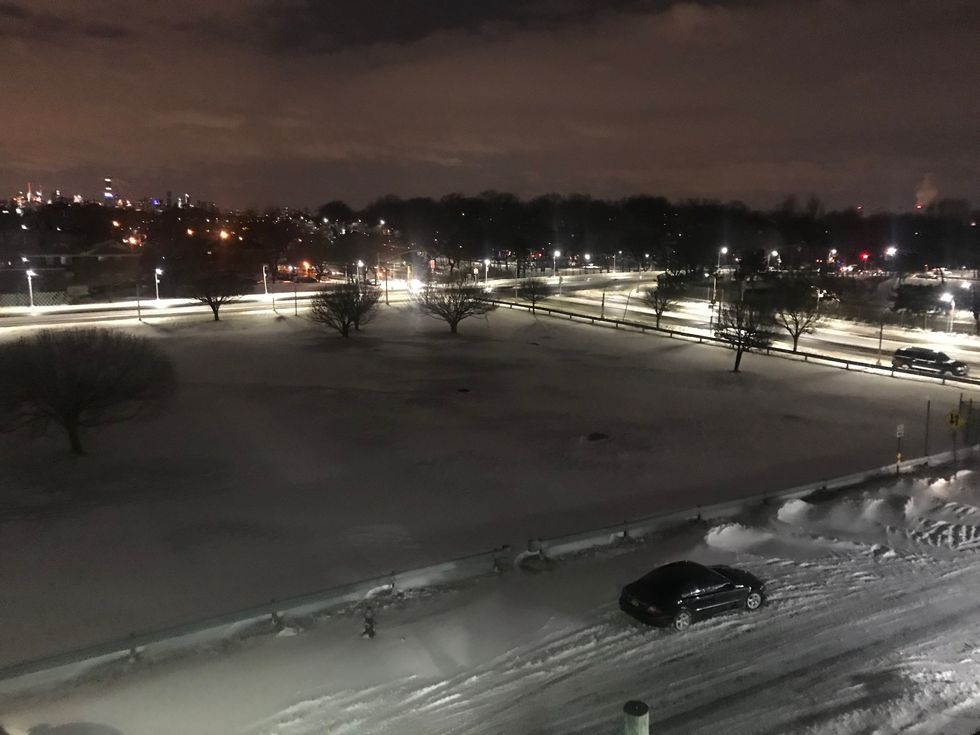Global warming is most often understood as the earth having a fever. It is the result of Earth fighting the most detrimental of all pathogens: mankind. Yet, comparing global warming to a fever creates the rhetoric that this is a short-term problem, claiming that Earth’s recovery is a night’s rest and a Theraflu away. The reality is that global warming is a far more imminent threat than the allegory of the seasonal flu and it is not an illness that will simply “run its course.”
However, ameliorating the dread that should be coursing through our veins requires a change at an individualistic level. If a method of decelerating global warming exists, we should all be active participants. While the United States remains an international superpower, we are weak in environmental advocacy and sustainability. Despite the often clear evidence of global warming, our country’s stagnancy is brought upon by the alarming persistence of ignorance.
Some of this ignorance has come to light following Donald Trump’s tweets that mock the reality of global warming. He stated that “we could use a bit of that good old global warming” to combat the record low temperatures facing the East Coast. Well, Trump’s request will be fulfilled, as he is asking for the continuation of a trend that has persisted for over the past decade. According to the National Aeronautics and Space Administration (NASA), the past twenty years (1997 to 2017) have been the warmest on record. According to the National Atmospheric and Oceanographic Administration (NOAA), recent decades have been the warmest since at least around 1000 A.D. and the warming we’ve experienced since the late 19th century is unparalleled in over 1,000 years.
The misunderstanding arises from confusion between climate and weather. While many consider the two synonymous, they are actually quite different. The NOAA defines climate as the average of weather over at least a 30-year period. So sporadic anomalies like harsh snowstorms do not refute the legitimacy of global warming.
Yet, climate change and weather are not all black and white. The link between global warming and harsher winters is a complicated one. Take for example Lake Erie in 2006. Although record highs prevented freezing for the first time in its history, the accessibility to liquid water increased evaporation which in turn increased snowfall. While extreme weather conditions such as droughts, hurricanes, and heat waves are also linked to global warming, most scientists agree that yearly temperature fluctuations don’t necessarily correlate to global warming. Most scientists, and even global warming skeptics, say that freak weather incidents such as the East Coast's most recent conditions which Trump refers to in his tweets mean nothing more than a day of closed school.
While the scientific jargon can create a barrier between the uninformed and the phenomenon deteriorating our planet, we must remember global warming is human-induced. Every time we turn the heat up in our homes, we are burning through nonrenewable resources. We humans need to acknowledge that we are a massive cause of climate change. Since we cause it, we must be the ones to end it. Until we change from fossil fuels to greener energy sources, global warming will continue to plague the planet. Let's take action and save our planet from the harms of climate change!

















